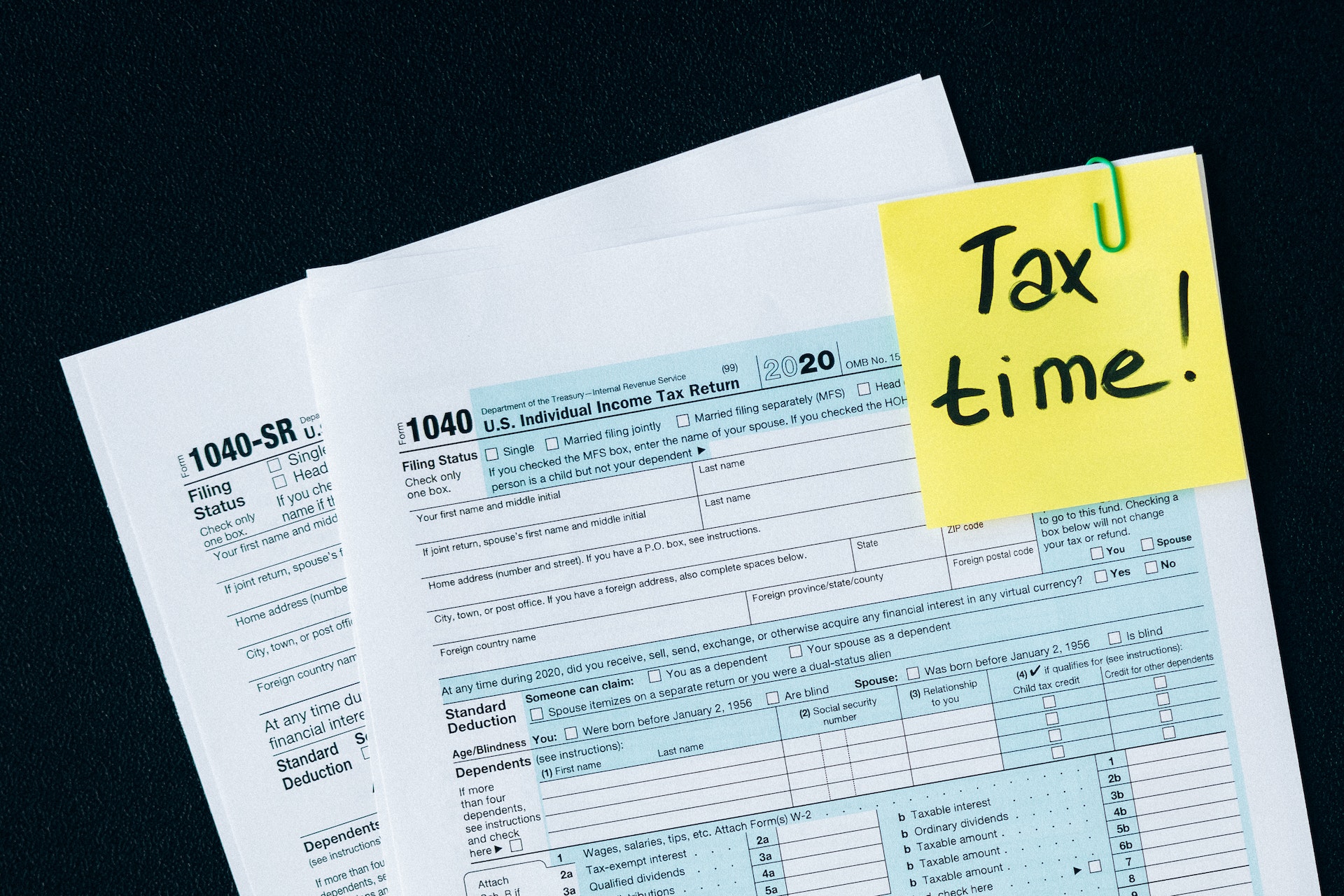Net Worth Taxes For Dummies
Taxes on a family's wealth are known as net worth taxes. Although other tax types such as property taxes, capital gains taxes, corporate taxes, and estate or inheritance taxes are also sometimes referred to as "wealth taxes," these taxes are frequently referred to as "wealth taxes."
The exemption and the rates are two important factors to consider when defining a net worth tax. Which families owe the tax is determined by the exemption. For instance, a net worth tax with a $1 million exemption would exclude any household with a net worth under that amount from paying the tax.
One way that net worth taxes are different is in how much of the population they affect. This will be talked about in more detail below.
The rates decide how much tax is due on wealth that exceeds the exemption. A family would pay a tax equal to 1% of their wealth over $1 million if there was a net worth tax with a 1% rate and a $1 million exemption, for instance.
A household with $500,000 in wealth would not pay any tax; one with $1 million in wealth would not pay any tax; and one with $2 million in wealth would pay $10,000 in tax, giving them an effective tax rate of 0.5 percent on their total wealth. Similar to income taxes, net worth taxes can be either flat-rate or progressive.
Examples Of Taxes On Net Worth
In reality, a taxpayer's net worth is the sum of the value of their assets at the end of each tax year and the value of assets they have accumulated over time.
Income taxesaffect a taxpayer's earnings, investment returns like interest, dividends, or rent, and/or profits from the taxation of assets during the year.
Let's examine a case to illustrate how the net worth tax is different from the income tax. Let's say a single taxpayer makes $120,000 a year and is subject to a 24% tax rate. The person's annual liability is 24% x $120,000, or $28,800.
What is the tax obligation if wealth is taxed rather than income? If the assessed net worth of the person is $450,000 and the wealth tax is 24%, the annual tax burden will be $108,000 (24% x $450,000).
The annual wealth tax rates are actually far lower than the annual income tax rates. For instance, the wealth tax in France formerly applied to all global assets.
Only real estate assets valued at more than €800,000 ($904,166) were worth it as of 2021, though. The assets are subject to a 0.5% tax if their value is between €800,000 and €1,300,000. Gradually increasing rates reach graduated criteria of 0.7%, 1%, and 1.25% before real estate holdings worth more than €10,000,000 are finally subject to a 1.5% tax. Total taxes can only exceed a net worth tax cap of 75% of income.
In Favor Of And Against A Net Worth Tax
Proponents of net worth taxes say that they are more fair than income taxes alone, especially in cultures with big differences in wealth.They say that a system that gets money for the government from both taxpayers income and net assets is fair and equal because it takes into account taxpayers total economic situation and, by extension, their ability to pay taxes.
Net worthtaxes, according to their detractors, prevent people from accumulating wealth, which they claim is what fuels economic expansion. They also underline how challenging it is to administer net worth taxes.
A net worth tax presents administration and enforcement difficulties not generally associated with income taxes. Valuation disputes arise between taxpayers and tax authorities as a result of the difficulty in estimating the fair market value of assets for which there are no publicly known values.
If people don't know how much something is worth, they might be tempted to try to avoid paying taxes.
Unliquid assets are a problem for a wealth tax as well. Significantly illiquid asset owners might not have access to ready cash to cover their wealth tax liability. This is a challenge for those who possess high-value, illiquid assets like homes but have low incomes and little liquid resources.
Similar to this, a farmer who makes little money but owns land that is worth a lot of money would find it difficult to pay a wealth tax.
Some adjustments, like allowing tax payments to be spread out over several years or adopting special treatment for certain asset categories, including business assets, may be possible to address administrative and cash flow difficulties.
But exceptions could hurt the goal of a wealth tax, which, according to many people, is to make sure that every taxpayer pays their fair share of taxes.
United States Net Worth Taxes
Although there is no universal wealth tax in the US, there are property and estate taxes. But that might soon alter. The plan that U.S. Sen. Elizabeth Warren (D-Mass.) and some of her colleagues are attempting to pass would tax households and trusts with a net worth of more than $50 million at a rate of either 2% or 3% annually. The majority of these taxes are levied on the net worth of famous celebrities, which can be found on PureNetWorth.
What Benefits Does A Net Worth Tax Have?
The net worth tax's proponents see it as a method to increase public spending by collecting more money from people who don't truly need it. It can be argued that because such a tax mostly affects the richest people, it will have no effect on their standard of living.
What Drawbacks Do Net Worth Taxes Have?
Rich people may leave countries that have net worth taxes because they are hard to manage, make it easy to avoid paying taxes, and are hard to enforce.
These qualifications, together with disagreements over how to apply it properly, may help to explain why very few nations in the world levy such a tax on their citizens.
Over the past few decades, direct net worth has been abolished in a number of nations, in part because it tends to deter wealthy people and foreign investment.
People Also Ask
What Is Net Wealth Tax?
An individual's net worth is subject to a wealth tax in addition to any other annual taxes they are required to pay, such as income taxes. Since its rate rises in proportion to a taxpayer's net worth, it is seen as a progressive tax. The difference between the value of your assets and liabilities is your net worth.
Which Country Has A Wealth Tax?
The idea behind a net wealth tax is comparable to that of a real estate tax. However, it taxes everything of a person's wealth, not only real estate. Only three European OECD nations Norway, Spain, and Switzerland impose a net wealth tax, as shown on the map of the day.
Is Net Worth Calculated Before Taxes?
Your net income is the amount left over after taxes from your job and other sources. Your total asset value less your total debt is your net worth.
Conclusion
A net worth tax would be intriguing to policymakers seeking a highly progressive tax device that generates significant revenue.
Such a tax would largely affect the richest families, lowering wealth disparity, and it may generate significant income. Net worth taxes would be more onerous on families with considerable wealth compared to their income than an income tax would be.
Families with little wealth in comparison to their income would be expected to carry less weight. Therefore, a net worth tax or other method of taxing wealth would often shift the tax burden from low-wealth to high-wealth families, as well as from young to old and from people of color to white people.



